Plan calls for a subtle but crucial shift toward applied research in Department of Energy fusion program.
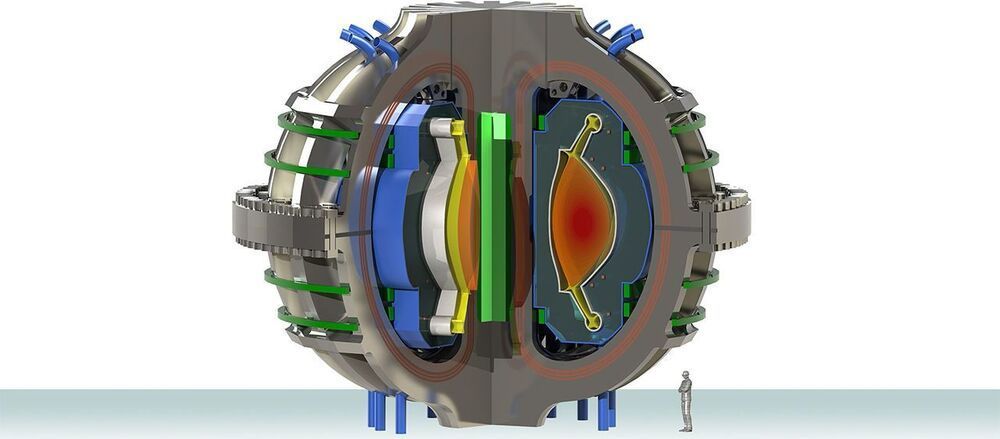


Researchers at Oregon State University are making key advances with a new type of optical sensor that more closely mimics the human eye’s ability to perceive changes in its visual field.
The sensor is a major breakthrough for fields such as image recognition, robotics and artificial intelligence. Findings by OSU College of Engineering researcher John Labram and graduate student Cinthya Trujillo Herrera were published today in Applied Physics Letters.
Previous attempts to build a human-eye type of device, called a retinomorphic sensor, have relied on software or complex hardware, said Labram, assistant professor of electrical engineering and computer science. But the new sensor’s operation is part of its fundamental design, using ultrathin layers of perovskite semiconductors—widely studied in recent years for their solar energy potential—that change from strong electrical insulators to strong conductors when placed in light.
For now, it looks like our best bet for going interstellar is to rely on robotic spacecraft that are optimized for speed.
For countless generations, the idea of traveling to an extrasolar planet has been the stuff of dreams. In the current era of renewed space exploration, interest in interstellar travel has understandably been rekindled. However, beyond the realm of science fiction, interstellar space travel remains a largely theoretical matter.
Between the sheer expense involved, the need for technological developments to happen first, and the nature of spacetime itself, sending people to another star system is something that is not likely to happen for a long time – if ever. But in spite of the challenges, the hope remains.
So will humanity ever go interstellar? Let’s break it down categorically and see how hard it might be. First up, there are the laws of physics, which aren’t too accomodating on this front.
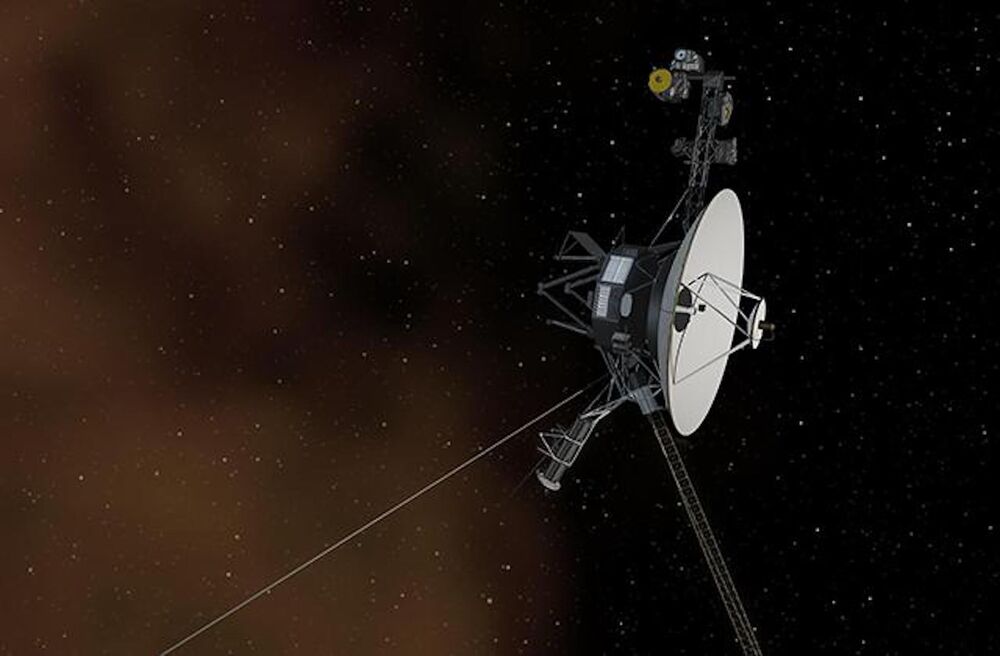
The Voyager probes have detected an entirely new kind of electron burst outside the solar system.
It is the first time this “unique physics” have been detected by a spacecraft, and could allow for new breakthroughs in our understanding of the “interstellar medium”, or the space between the stars.
The two Voyager spacecraft were launched by NASA more than 40 years ago, with the aim of flying to the far reaches of our solar system. They have now gone even further than that, reaching interstellar space, and exploring the gaps between the stars, giving us the first glimpses of what it might be like in that mysterious zone.

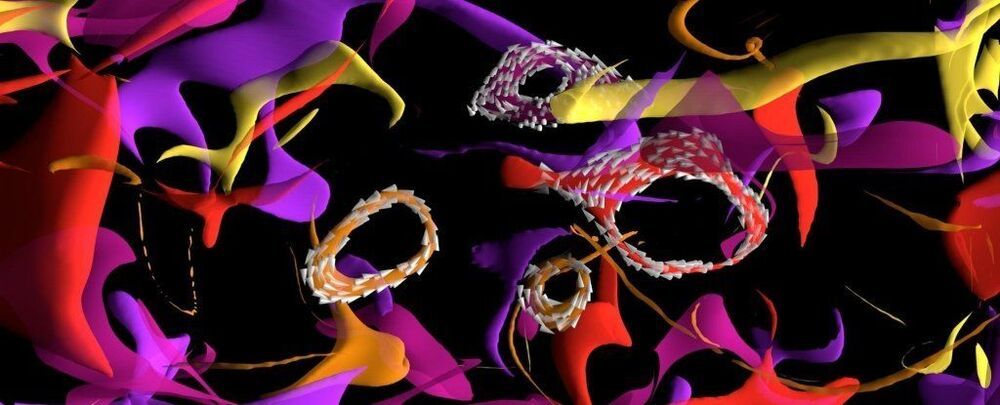
Wherever you have fluid, there you can also find vortex rings.
Now, scientists have found vortex rings somewhere fascinating — inside a tiny pillar made of a magnetic material, the gadolinium-cobalt intermetallic compound GdCo2.
If you’ve seen smoke rings, or bubble rings under water, you’ve seen vortex rings: doughnut-shaped vortices that form when fluid flows back on itself after being forced through a hole.

Circa 1997
Berkeley — An ultrasensitive, superfluid gyroscope developed by physicists at UC Berkeley has the potential to surpass today’s most sensitive devices for measuring absolute rotation or spin.
In a paper in this week’s issue of Nature, physics professor Richard Packard and his colleagues, graduate students Keith Schwab and Niels Bruckner, report a proof-of-principle demonstration of the new device.
Their prototype superfluid gyroscope already is quite sensitive and they believe its sensitivity will eventually surpass that of the ring laser gyroscope, a highly sensitive device used in advanced commercial aircraft inertial guidance systems. Packard’s immediate goal is to create a version with a sensitivity 10,000 times greater than the team has achieved to date.

“I myself believe that there will one day be time travel because when we find that something isn’t forbidden by the over-arching laws of physics we usually eventually find a technological way of doing it.” –David Deutsch
Time travel may still be in the realm of science fiction, inspiring the plots of countless books, mo v ies and Star Trek episodes, but not out of the realm of possibility. While basic physics allows for the possibility of moving through time, certain practical concerns and paradoxes seem to stand in the way. The “Fractal Soliton of Improbability,” postulating that any moment is unique and only happens once in the lifetime of a universe, or “Grandfather Paradox,” in which a traveler jumps back in time, kills his grandfather and therefore prevents his own existence, are the most salient paradoxes arising in relation to time travel.
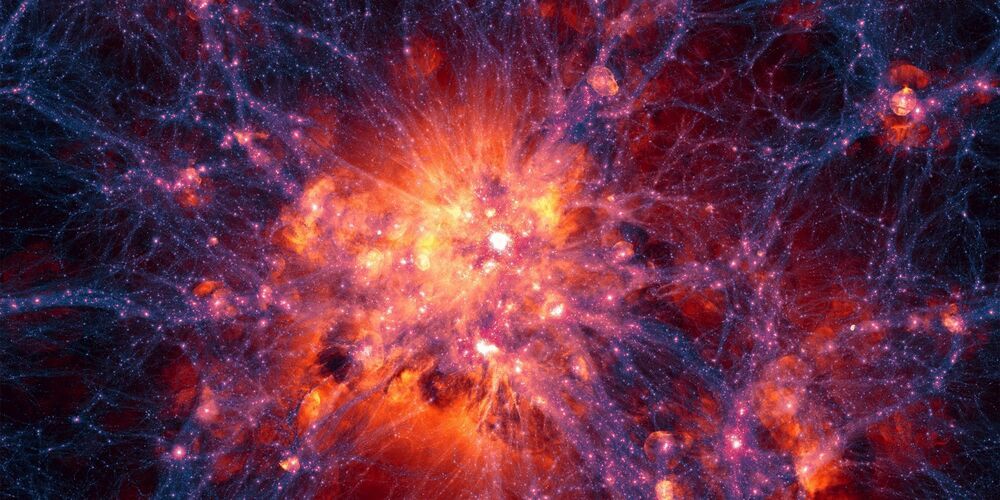
Astronomers have to be extra clever to map out the invisible dark matter in the universe. Recently, a team of researchers have improved an existing technique, making it up to ten times better at seeing in the dark.
Dark matter is frustratingly difficult to measure. It’s completely invisible: it simply doesn’t interact with light (or normal matter) in any way, shape, or form. But we know that dark matter exists because of its gravitational influence on everything around it – including the normal matter that makes up stars and galaxies.
As an example of this, take a look at gravitational lensing. A massive object, whether made of dark or normal matter, will bend the path of any light that passes close by. It’s usually an incredibly tiny effect, but definitely measurable. We can see lensing of starlight around the sun, for example, which is how we knew that Einstein’s theory of general relativity must be correct.
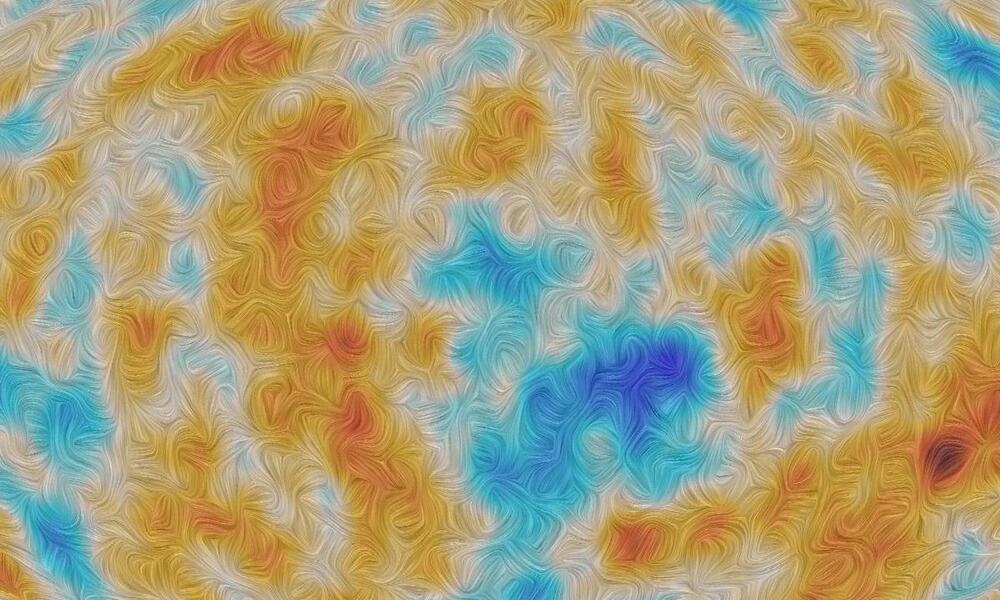
Distant light from the big bang is twisted as it travels to us. This could mean dark matter is more exotic than we thought.
The oldest light in the universe is that of the cosmic microwave background (CMB). This remnant glow from the big bang has traveled for more than 13 billion years. Along the way, it has picked up a few tales about the history and evolution of the cosmos. We just need to listen to what it has to say.
One of the ways the CMB tells a story is through its polarization. If you think of light as an oscillating wave, then this wave motion can have different orientations, the orientation of a light wave’s oscillation is known as its polarization. Often, light is a random jumble of orientations, making it unpolarized, but the light from the CMB is light that has scattered off the hot gas of the early universe and has an orientation known as E-mode polarization.
If there were nothing but empty, flat space between us and the cosmic microwave background, then all the light from the CMB would be E-mode polarized. But deep space isn’t empty. It’s filled not only with diffuse gas and dust, but also dark matter and dark energy. As the light from the big bang travels through this, its polarization changes slightly, twisting through an angle,? This shifts the orientation of CMB light toward B-mode polarization.